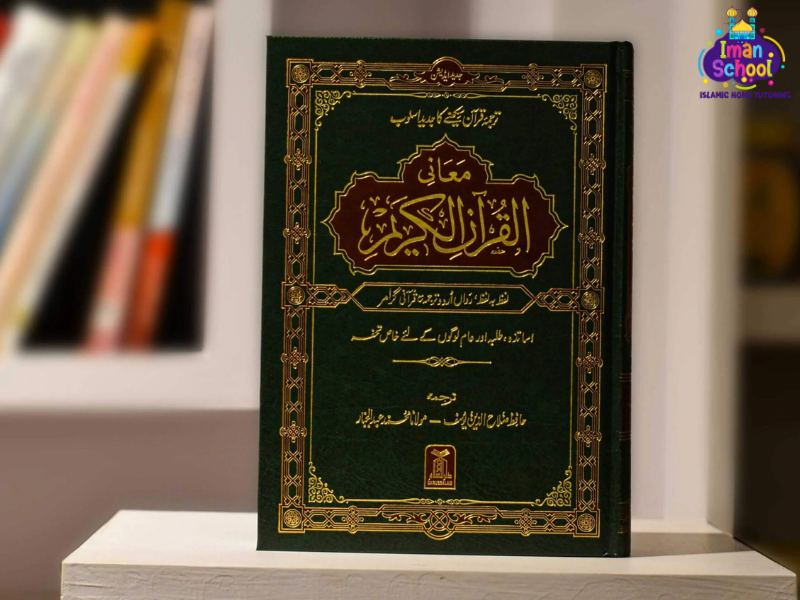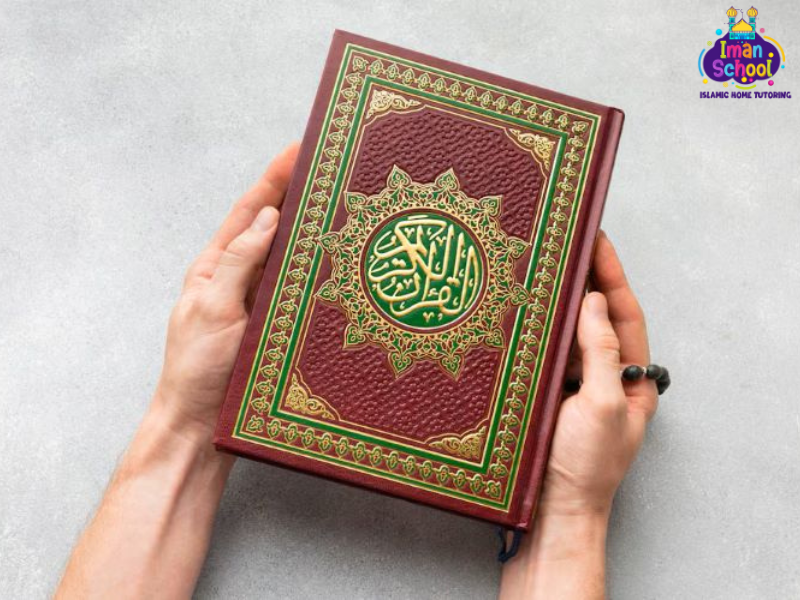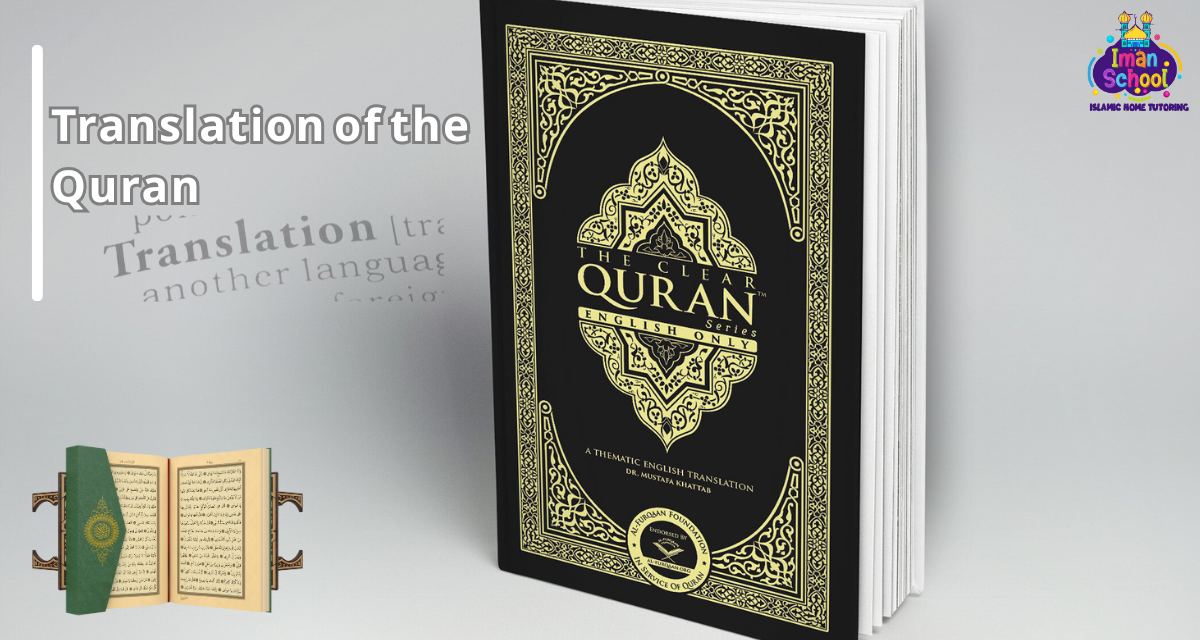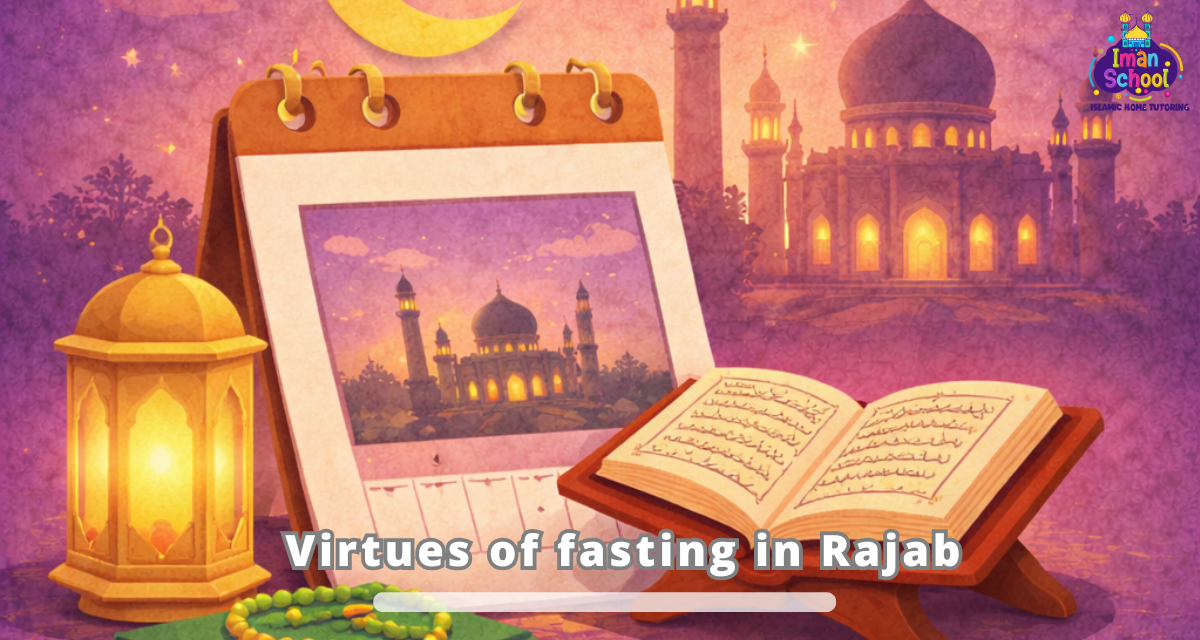The Holy Quran, the sacred scripture of Islam, was revealed in eloquent Arabic, a language rich in nuance and depth. While its original Arabic form holds unparalleled beauty and miraculous literary precision, its universal message necessitates accessibility for billions worldwide who do not speak Arabic. This is where the Translation of the Quran becomes indispensable.
Far more than a mere linguistic exercise, the Translation of the Quran is a monumental effort to convey divine guidance, timeless wisdom, and spiritual truth across linguistic barriers. This article explores the history, necessity, challenges, and impact of the Translation of the Quran, guiding readers on how to approach this vital resource.
The Journey of Quran Translation Through History
The endeavor of Translation of the Quran is almost as old as Islam itself. While early Muslims prioritized learning Arabic to understand the Quran directly, the expansion of the Islamic empire to non-Arabic speaking lands soon made translation a practical necessity. The very first known attempts at Translation of the Quran date back to the Prophet Muhammad's time, when portions were translated for foreign rulers to whom he sent letters. Over centuries, as Islam spread, the Translation of the Quran into various languages – Persian, Latin, Urdu, Turkish, and many more – became an intellectual and spiritual imperative. This historical journey underscores the continuous global demand to read Quran in English and other languages, allowing for the Meaning of the Quran to reach diverse communities.

The Necessity and Purpose of Quran Translation
The primary purpose of the Translation of the Quran is to make Allah's final revelation accessible to non-Arabic speakers. Without it, the vast majority of humanity would be deprived of direct access to divine guidance. The necessity of Translation of the Quran stems from several factors:
-
Universal Message: Islam is a universal religion, and its message is for all mankind, transcending linguistic boundaries.
-
Understanding Divine Commands: To live by the Quran, one must understand its commands, prohibitions, and moral lessons. The Translation of the Quran enables this comprehension.
-
Spiritual Connection: Understanding the words spoken by Allah fosters a deeper spiritual connection and allows for more meaningful reflection during worship.
-
Dawah (Invitation to Islam): For those seeking to learn about Islam, the Translation of the Quran serves as the primary gateway to its teachings.
Ultimately, the Significance of Quran translation lies in its role as a bridge between the Arabic text and the hearts and minds of people worldwide, allowing them to comprehend the Quran in English or their native tongue.
The Inherent Challenges and Limitations of Translation
Despite its necessity, the Translation of the Quran presents unique and inherent challenges. Unlike translating a regular book, the Quran is the verbatim word of God, imbued with layers of meaning, linguistic miracles, and a profound rhetorical style that is virtually impossible to fully replicate in another language.
Linguistic Nuance
Arabic is a highly inflected and rich language, where a single word can have multiple meanings depending on context, and subtle grammatical structures convey deep implications. Capturing this nuance accurately in a Quran English translation is a formidable task.
Rhetorical Devices and Eloquence
The Quran's literary miracle lies in its unparalleled eloquence, rhythm, and rhetorical power. No Translation of the Quran can perfectly convey this divine artistry.
Preserving Sacredness
Translators must walk a fine line, aiming for accuracy without purporting that the translation is the Quran itself, as the divine nature resides in its original Arabic.
Varying Interpretations
Different schools of thought and linguistic interpretations can lead to variations in the Translation of the Quran, prompting questions like "Is Quran translation accurate?" or how to Compare Quran translations.
For these reasons, scholars emphasize that any Translation of the Quran is an interpretation of the meaning of the Quran, not the Quran itself. Therefore, a good Quran in English version will often include footnotes or explanations to clarify linguistic and contextual intricacies.
Types and Approaches to Quran Translation
Translators adopt various approaches when attempting the Translation of the Quran:
Literal (Word-for-Word) Translations
These aim to render each Arabic word into its closest English equivalent. While useful for students learning Arabic, they often lack fluidity and can sometimes distort the full meaning or context. An example might be a "Word for word Quran translation."
Meaning-Based/Interpretive Translations
These prioritize conveying the overall message and spirit of the verses, even if it means departing from a strict literal word order. They often read more smoothly in English.
Translation with Commentary
Many editions of the Translation of the Quran include extensive footnotes, explanations, and scholarly commentary (Tafseer) to clarify complex verses, historical contexts, and different interpretations. This is often the Best Quran translation for those seeking deeper understanding, combining Quran English translation with exegesis.

Notable English Translations and Their Characteristics
Numerous efforts have been made for the Quran English translation, each with its own strengths. When looking for the best translation of the Quran, consider your purpose.
The Noble Quran (by Muhsin Khan and Taqi-ud-Din Hilali)
Known for its literal approach and extensive footnotes, providing strong theological interpretations. Often referred to as "The Noble Quran translation."
Saheeh International Quran
Appreciated for its clear, contemporary English and commitment to conveying the meaning without excessive interpretation in the main text. It is often a preferred "Saheeh International Quran" for general readers.
The Message of the Quran (by Muhammad Asad)
Praised for its eloquent literary style and extensive explanatory notes, often drawing on classical Arabic and historical context.
The Study Quran (Seyyed Hossein Nasr et al.)
A monumental academic work offering multiple interpretations, cross-references, and detailed scholarly essays, making it a comprehensive Quran translation with commentary for in-depth study.
Oxford World's Classics (M.A.S. Abdel Haleem)
Highly regarded for its readability and contemporary English, aiming for clarity and flow. Often recommended as a good Quran translation for beginners.
When choosing which Quran translation to read, it's often beneficial to Compare Quran translations to find one that resonates with your understanding and learning style. Many resources allow you to Download Quran translation in various formats for comparison.
Why choose the Iman School for understanding and interpreting the Holy Quran?
While the Translation of the Quran provides essential access to its meanings, a deeper, more authentic understanding often requires guidance from qualified scholars. This is where Iman School stands out. We don't just offer Quran in English; we provide comprehensive educational programs designed to help students truly understand and interpret the Holy Quran.
Our expert teachers guide students through classical Tafseer principles, Arabic language nuances, and the broader Islamic sciences that contextualize the Quran. Whether you're looking for an online Quran translation course that goes beyond surface meaning, or desire to study the Tafseer of Quran in English directly from qualified instructors, Iman School offers structured pathways.
We empower students to move from merely reading the Translation of the Quran to deeply reflecting upon its divine message, making Iman School an ideal choice for profound Quranic studies.
How to Choose a Reliable Quran Translation
Given the numerous options, selecting a Reliable Quran translation is crucial. Consider these factors:
-
Translator's Credentials: Are they reputable Islamic scholars with a strong command of both Arabic and English?
-
Methodology: Does the translation clearly state its approach (literal, interpretive)?
-
Footnotes/Commentary: Does it include explanatory notes to clarify difficult verses or contextual information? This is especially important for understanding the Meaning of the Quran.
-
Clarity and Flow: Does the Quran English translation read smoothly while maintaining accuracy?
-
Target Audience: Is it suitable for a Quran translation for beginners or an advanced scholar?
Many online platforms allow you to read Quran in English directly, offering side-by-side comparisons of different translations, which can aid your decision. You can also download Quran translation samples to evaluate.
The Relationship Between Translation and Tafseer
The Translation of the Quran and Tafseer are intimately related but distinct. A translation renders the Arabic words into another language. Tafseer, on the other hand, is the explanation or exegesis of the Quran, drawing upon a vast body of Islamic knowledge (Hadith, Arabic grammar, historical context, scholarly consensus, etc.) to uncover the deeper meanings, implications, and practical lessons of the verses.
While a Translation of the Quran is an essential first step for non-Arabic speakers to understand Quran easy, Tafseer provides the comprehensive understanding necessary for truly grasping the Divine message.
Many excellent Quran with Tafseer in English editions combine both, offering the translated text alongside scholarly explanations to provide a richer experience for those seeking genuine comprehension.
Best Online Destination for Islamic Studies
Discover the profound beauty and wisdom of Islam with Iman School, your premier best online Quran teaching school for comprehensive Islamic education. We offer a wide range of expertly crafted online Islamic courses, from mastering the Translation of the Quran and in-depth Tafseer studies to learning the intricacies of online Quran courses and excelling in online Arabic language courses.
Our qualified instructors provide personalized, engaging lessons for all ages and levels, ensuring a rich and authentic learning experience. Start your journey of knowledge and spiritual growth with Iman School today.
The Translation of the Quran stands as a monumental intellectual and spiritual achievement, essential for conveying Allah's universal message to diverse populations. While no Quran English translation can ever fully capture the miraculous eloquence and multi-layered meanings of the original Arabic, these translations serve as indispensable bridges to understanding.
By choosing a Reliable Quran translation, engaging with its meanings, and ideally, combining it with the study of Tafseer, Muslims and non-Muslims alike can unlock the profound wisdom and guidance contained within the Holy Book. The journey of engaging with the Translation of the Quran is a continuous path of discovery, enlightenment, and spiritual growth, bringing the timeless words of Allah closer to every heart.




